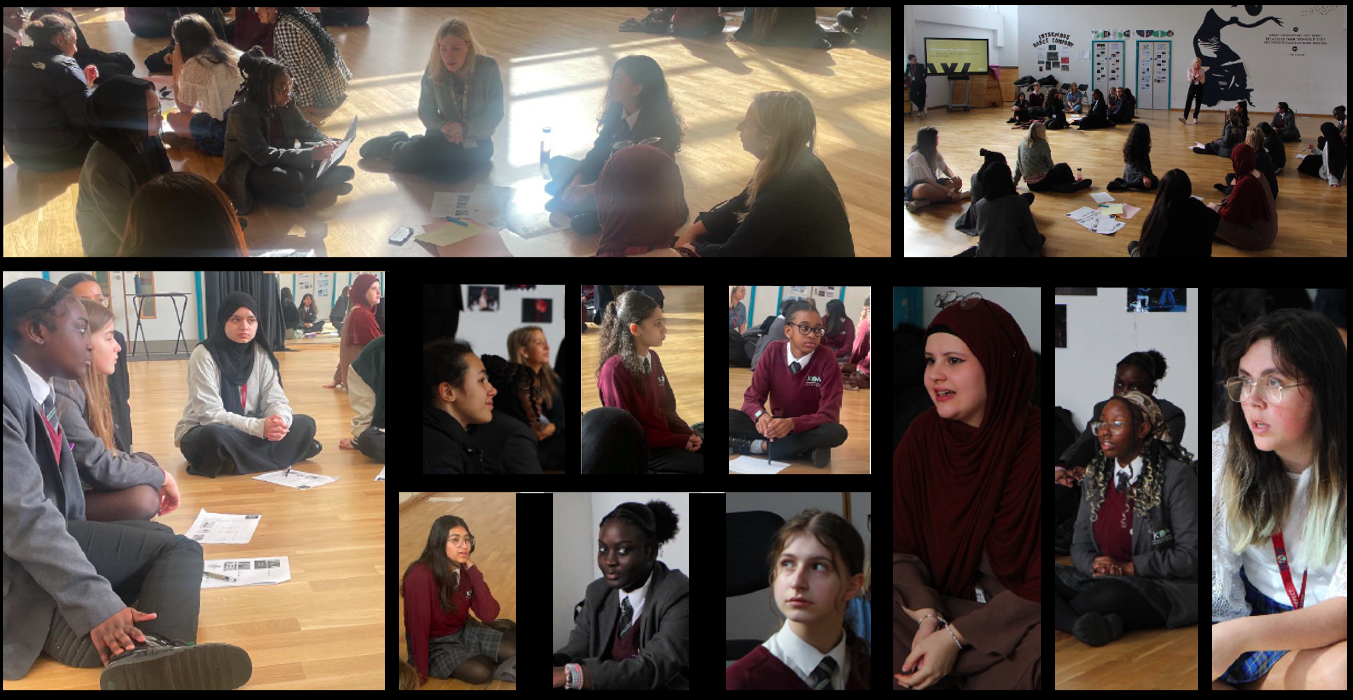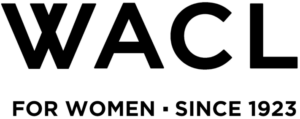
#RepresentMe: Listening to teenage girls
Learnings from our conversations with girls aged 12 to 17
WACL turning 100 years old is not just a time for us to reflect on how far we’ve come as an industry. It’s also the perfect time to look ahead and focus on the change we want to help drive in the industry in the century that lies ahead.
One important change that we want to see in future is for women and girls to be represented even more positively and authentically in the work we all create. It’s not just our social responsibility; it also makes good business sense to respect and reflect the full diversity of women and girls, as we make up half the population and account for over 80% of purchase decisions across all kinds of categories. Feeling Seen data by ITV , System1 and DECA shows the ‘diversity dividend’ that comes from marginalised groups being better represented too, and makes clear that this doesn’t come at the expense of the broader audience either.
Talking to teenage girls
So our focus on the future led us to develop our #RepresentMe initiative and talk to some groups of school-age girls, because they’re going to be the next generation of consumers, audiences and leaders. We asked girls at Kensington Aldridge Academy how well they think our industry represents them, what we can do better, and why it matters.
They told us they feel “annoyed”, “angry” and “confused” at facts like:
- Women are half as likely as men to feature in playful or funny ads even though women in every age group put ‘sense of humour’ in the top three characteristics that define them.
- Even though women in every age group put ‘intelligence’ in the top three characteristics that define them, only 4% of ads show women in leadership positions and male characters got twice as much time on screen and twice as many speaking roles as women in top ads.
- Men outnumber women in finance and home ads, even though women account for 85% of all consumer purchases including 91% of new homes and 89% of bank accounts.
- Women are most likely to appear in health and beauty ads even though 78% of women agreed ‘I’d rather be praised for my mind than my looks.*
They notice the exceptional ones
They do notice and appreciate it when ads get it right: “I’m not the kind of girl who needs a prince to come save me” and “I know the stereotypes that go usually about black girls’ hair…So it’s just really nice to see obviously different cultures being embraced and different types of women and styles; that pretty much reflects the real world that we’re in.” (Amazon Prime ad) “Ads like this show that women can look any way that they want… it doesn’t restrict how women are in society.” (Charlotte Tilbury ad) “It’s saying a woman doesn’t have to think like a man… I agree with that. (Nike ad) “You don’t have to change yourself to fit in with man’s society, so I like that.” (Sainsbury’s Tu ad)
But they do wonder why that’s the exception rather than the rule: “The fact that we’re noticing it and celebrating it is disappointing because it means that most of the time ads are not like that.
They’re not sitting around waiting to be ’empowered’ by us
They’re frustrated that the industry acts like women can’t do things, aren’t as powerful, and ads don’t give women as much to do. “There’s a lot of ads out there that don’t represent women in a way that’s true to how women actually are… [women don’t] feel like they’re being considered as having actual personality.” “Even though we live in a really progressive society, it’s the minority of ads that actually promote women… but also I guess people just become used to it as well, it just makes you think ‘oh it’s the same old thing.’”
And they spot tokenism too. “Usually there’s only representation when it’s around certain events like Ramadan, otherwise you don’t really see it as much.”
Really importantly, we need to acknowledge that these girls aren’t sitting around feeling bad about themselves, waiting for us to give them self worth, confidence and a sense of agency. They already have that… until some ads start trying to take that away from them:
“It’s always the same thing, the way women are presented so it makes you feel worse about yourself.” “From a young age… girls are manipulated to believe that they’re not good enough.” And the way ads can inadvertently shame girls makes them angry, like a shaving ad that “actually angered me a bit because they were shaving nothing. Literally there was no hair on their body… It’s like they’re saying hair is so disgusting that it shouldn’t even be on screen.”
We need to be careful not to shame, diminish and undermine girls because “Being portrayed in a way that’s true to themselves” is “only fair, it’s what everyone deserves.”
It’s the impact it has on men and boys thats the problem
But the message that came through loudest of all from these girls is this: they’re most worried about the impact that the current representation of women in ads has on men and boys in their life. Because ads can legitimise the negative things that men and boys think about girls and women, and that’s a big problem for them.
“It’s not just about how you feel about yourself. … it influences the way men think about us as well, and how you’re viewed in a relationship.” “Because there’s constant talk about women only being in the kitchen… and then people are down on them and are like ‘you should be in the kitchen’ you know.” “In a lot of sanitary products ads… it gives a false impression to men.” “I feel like there’s a lot of men who are still stuck in the past view of women, they haven’t changed, so they may think that’s normal, and women should stay in traditional roles.” “I wish that they would just recognise that we are independent, and we can do stuff and we don’t have to rely on them for everything.” “I feel like it’s important because it also helps change other people’s views of women”
Our 50% Playbook has some simple actions everyone can take to better represent women in advertising, including things like implementing unconscious bias training with Creative Equals, signing up to Unstereotype Alliance and using their resources to develop work that truly represents everyone, and measuring with meaning.
Our enormous gratitude to the staff and girls at Kensington Aldridge Academy for welcoming us and telling us their thoughts so intelligently and generously.
*Sources: Mirror on the industry; Channel4; The Purchasing Power of Women, Girlpower Marketing; Brandsplaining: Why Marketing Is Still Sexist & How To Solve It, Jane Cunningham & Philippa Roberts; Ebiquity, since 2016; “Bias and inclusion in advertising. An analysis of the 2019 Cannes Lions work”. Geena Davis Institute for Gender in Media.
